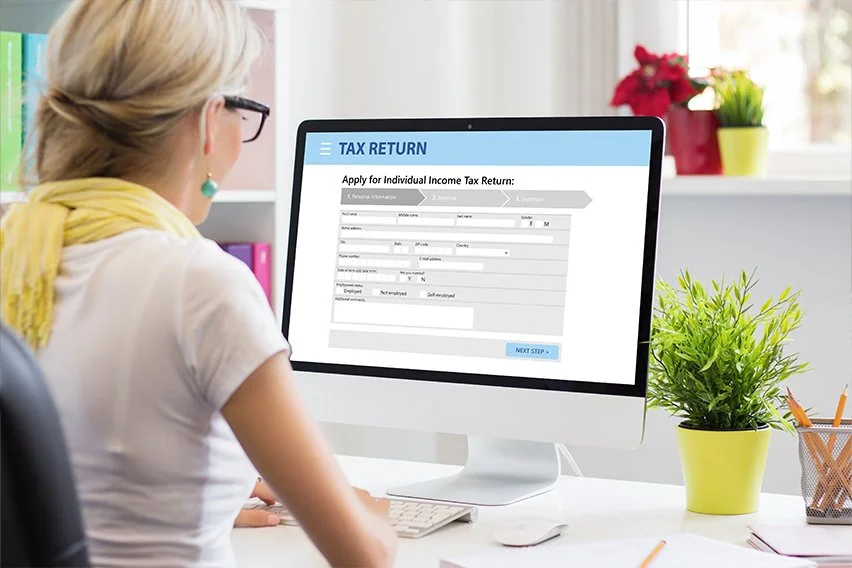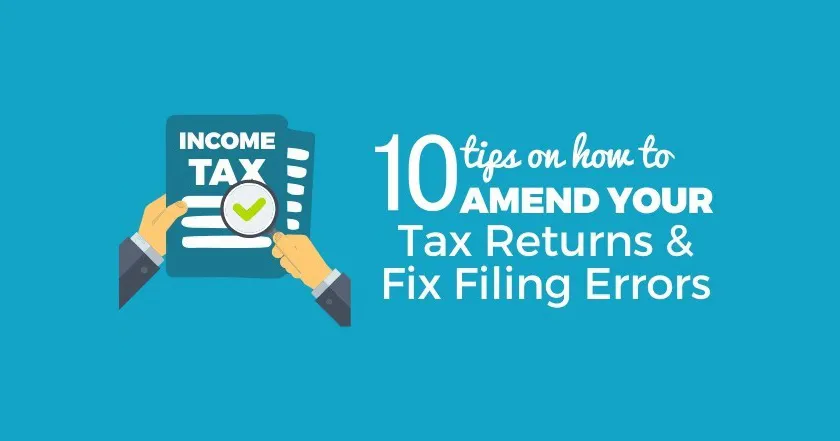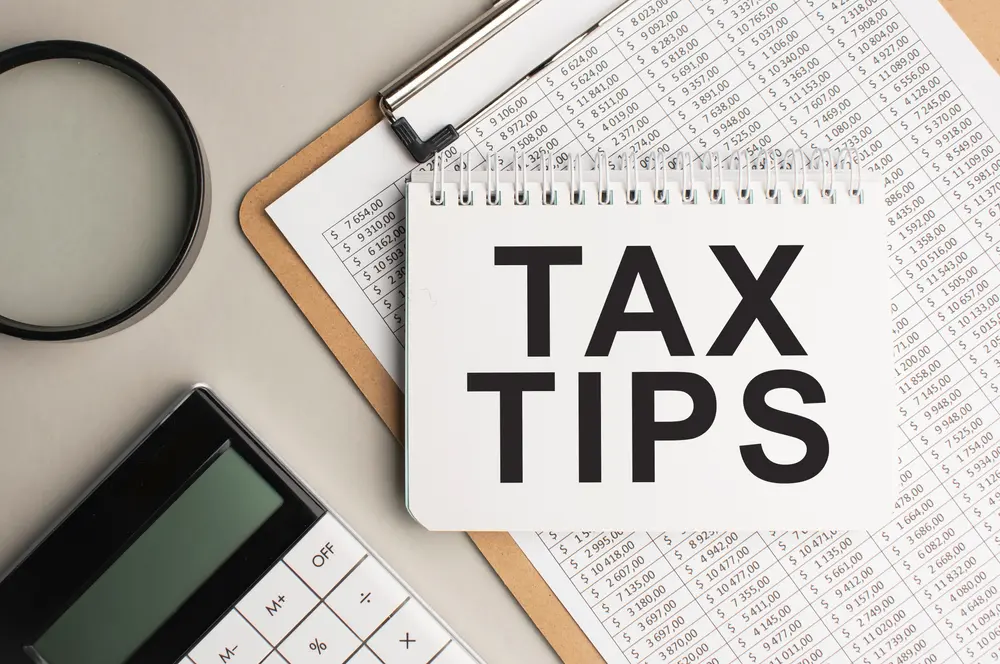Filing your personal taxes may seem daunting, but with the right approach, it becomes a manageable annual task. This guide walks you through the process step by step, helping you stay organized, avoid common mistakes, and take advantage of available deductions and credits.
What Are Personal Taxes?
Personal taxes are based on your income, expenses, and major life events during the year. Individuals file tax returns to report this information to the IRS and, where applicable, to state tax agencies. The result may be a refund or a tax bill, depending on your financial activity and withholdings.
How To File Personal Taxes: Step-by-Step
Step 1: Gather Your Tax Documents
Start by organizing important documents such as:
- W-2s from employers
- 1099s from freelance work, dividends, or other income
- Bank interest or mortgage statements
- Receipts for deductible expenses like charitable donations or education costs
- Last year’s tax return for reference
Step 2: Determine Your Filing Status
Your filing status affects your tax rate and available deductions. Options include single, married filing jointly, married filing separately, head of household, or qualifying widow(er). Life changes like marriage, divorce, or having a child may shift your status.
Step 3: Choose How to File
You can file manually, use tax software, or work with tax professionals like Tax Ace. If your finances are straightforward, software may be sufficient. For more complex situations, professional assistance can help ensure accuracy and minimize errors.
Step 4: Report All Income and Deductions
Report your total income and deduct eligible expenses such as:
- Mortgage or student loan interest
- Medical expenses above the IRS threshold
- Qualified education costs
- Retirement plan contributions
Step 5: Claim Available Tax Credits
Credits directly reduce the tax you owe. Common personal tax credits include:
- Child Tax Credit
- Earned Income Tax Credit (EITC)
- American Opportunity and Lifetime Learning education credits
Step 6: Submit Your Tax Return
Federal returns are typically due by April 15. You can request an extension to file later, but any taxes owed are still due by the regular deadline to avoid penalties.
Step 7: Review Your Withholdings for Next Year
If you received a large refund or owed more than expected, adjust your paycheck withholdings using Form W-4. This can help even out your future tax obligations.
Do’s and Don’ts of Filing Personal Taxes
Do:
- Keep your tax documents organized throughout the year
- Understand how major life changes affect your taxes
- File electronically for faster processing
- Confirm whether you need to file a state return
- Use professional help if you’re unsure about deductions or forms
Don’t:
- Wait until the last minute to file
- Miss out on valuable deductions or credits
- Ignore IRS correspondence
- Submit incomplete or inaccurate information
- Assume your situation is too simple for professional advice
Tips for a Smoother Tax Season
- Track financial documents year-round
- Set calendar reminders for key filing dates
- Plan ahead for payments if you’re self-employed or receive 1099 income
- Keep up with tax law changes that could affect your return
- Reach out early to a tax advisor if your situation changes or becomes more complex
Key Takeaways
- Filing personal taxes is an annual requirement that helps determine whether you owe money or are due a refund
- Start by gathering documents and understanding your filing status
- Use available deductions and credits to reduce your tax bill
- Submit your return by the IRS deadline and review withholdings for future planning
- Tax professionals can provide valuable guidance if your situation is complex or changing
Frequently Asked Questions
When are personal taxes due?
The IRS deadline is typically April 15. If it falls on a weekend or holiday, the due date is extended to the next business day.
What if I miss the deadline?
You may face penalties or interest charges. Filing an extension gives you more time to submit the return, but taxes owed are still due on the original deadline.
Can I file on my own?
Yes, many individuals use tax software or file manually. However, a tax professional can be helpful for more complex returns or to maximize deductions.
Do I need to file a state tax return?
That depends on your state. Some states do not have income tax, while others require separate filings. Check with your state’s tax department for details.
What credits should I look for?
Common personal tax credits include the Child Tax Credit, EITC, and education credits. Review eligibility or consult a tax professional to ensure you claim all that apply.





